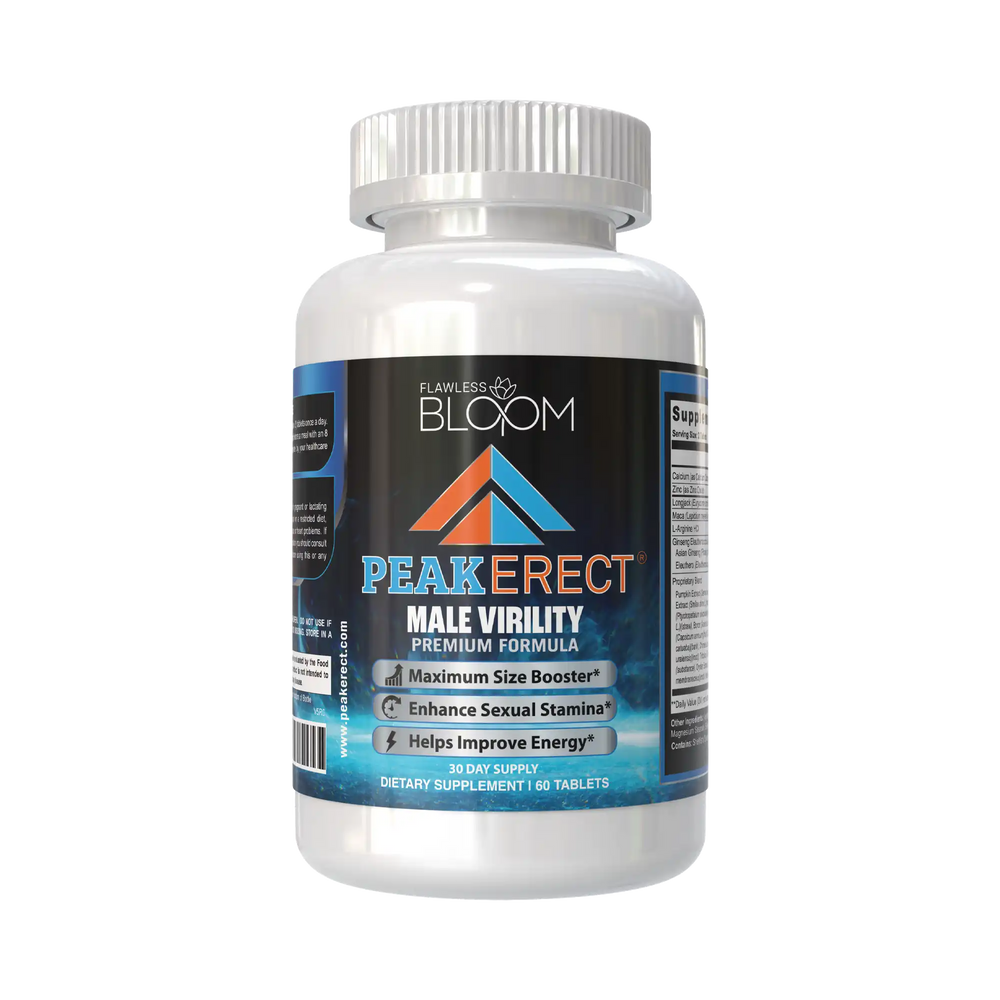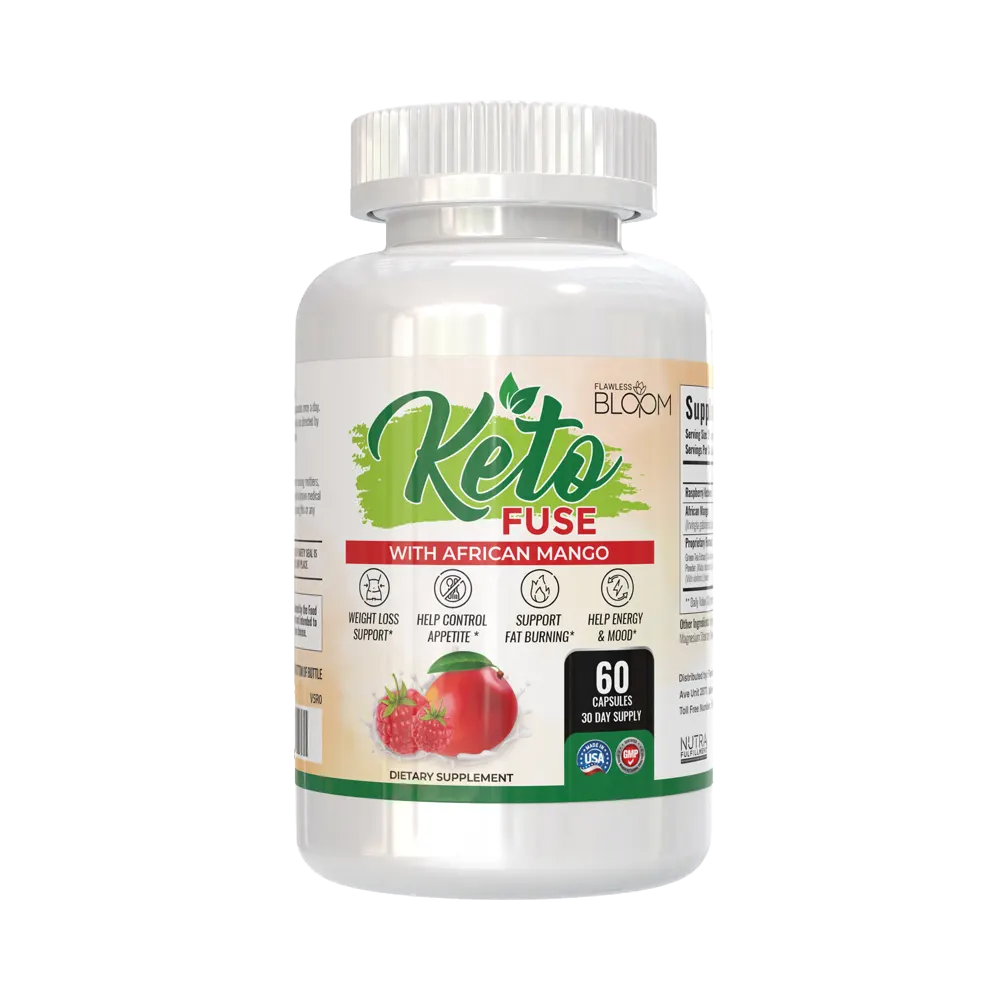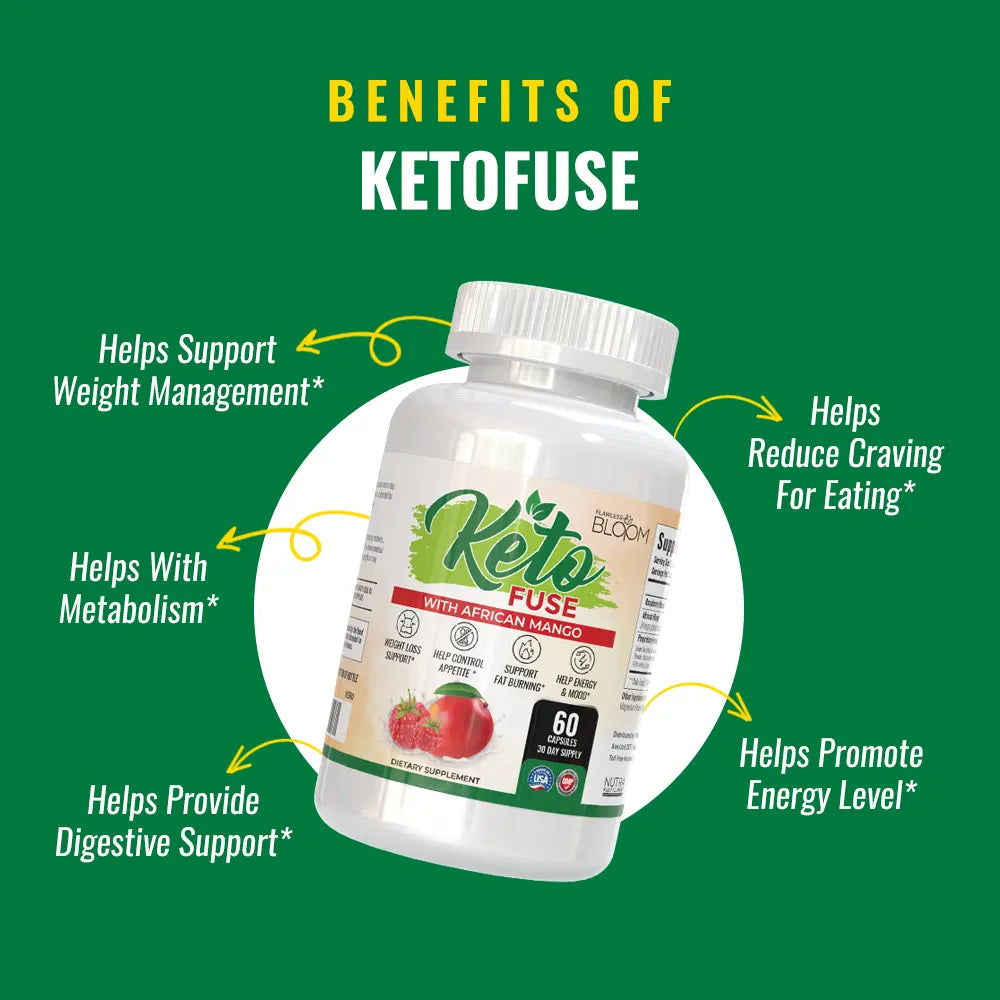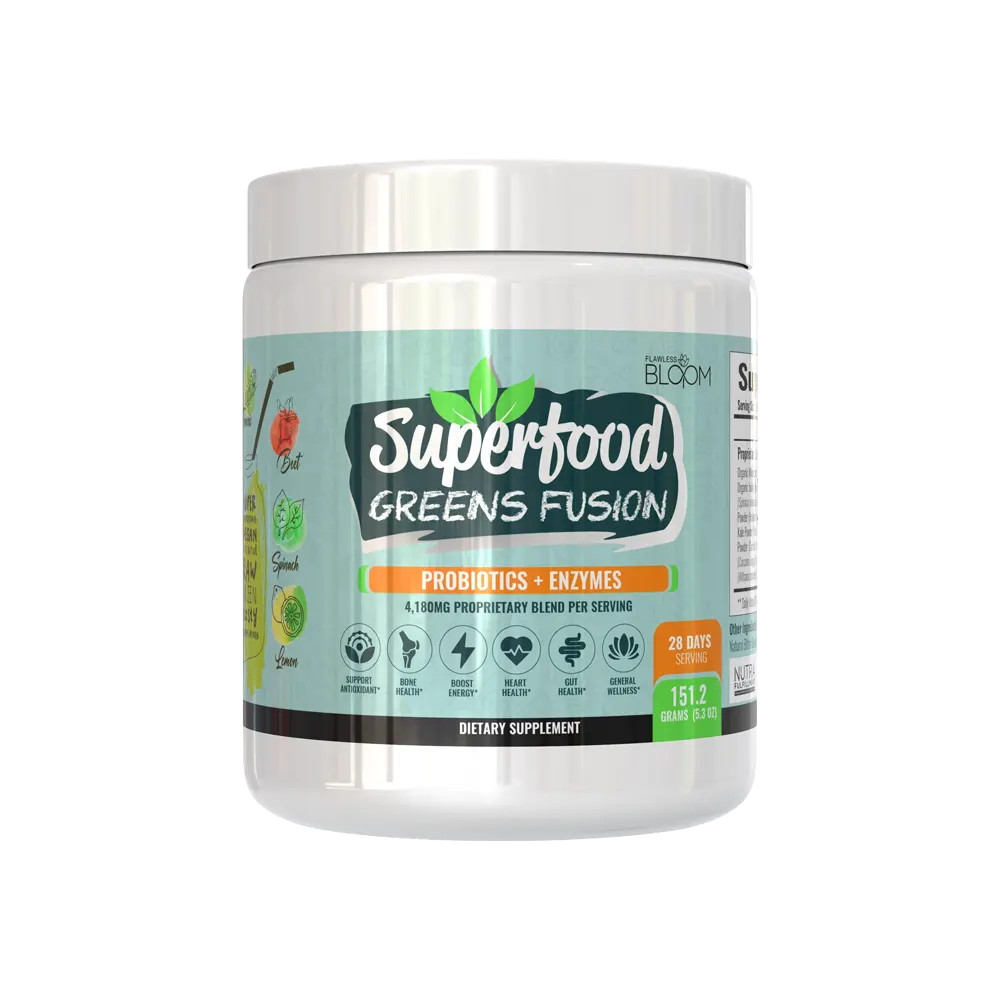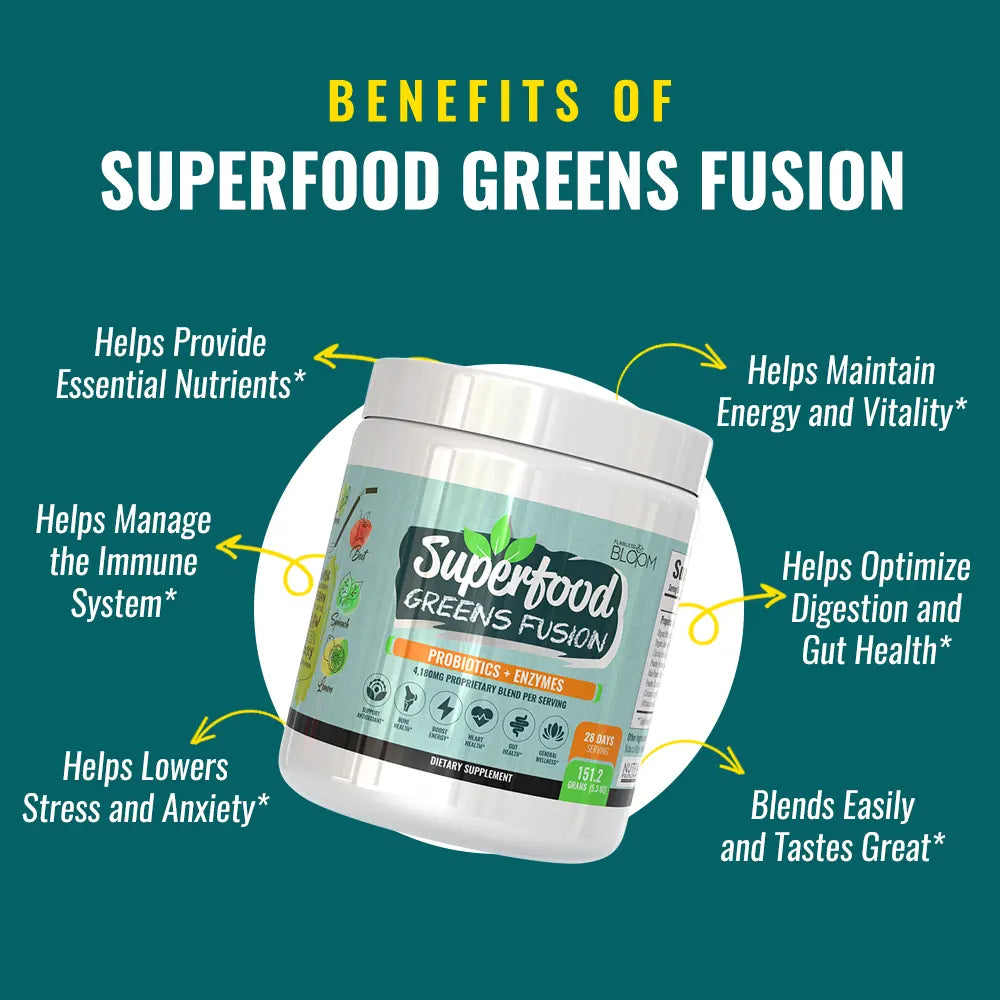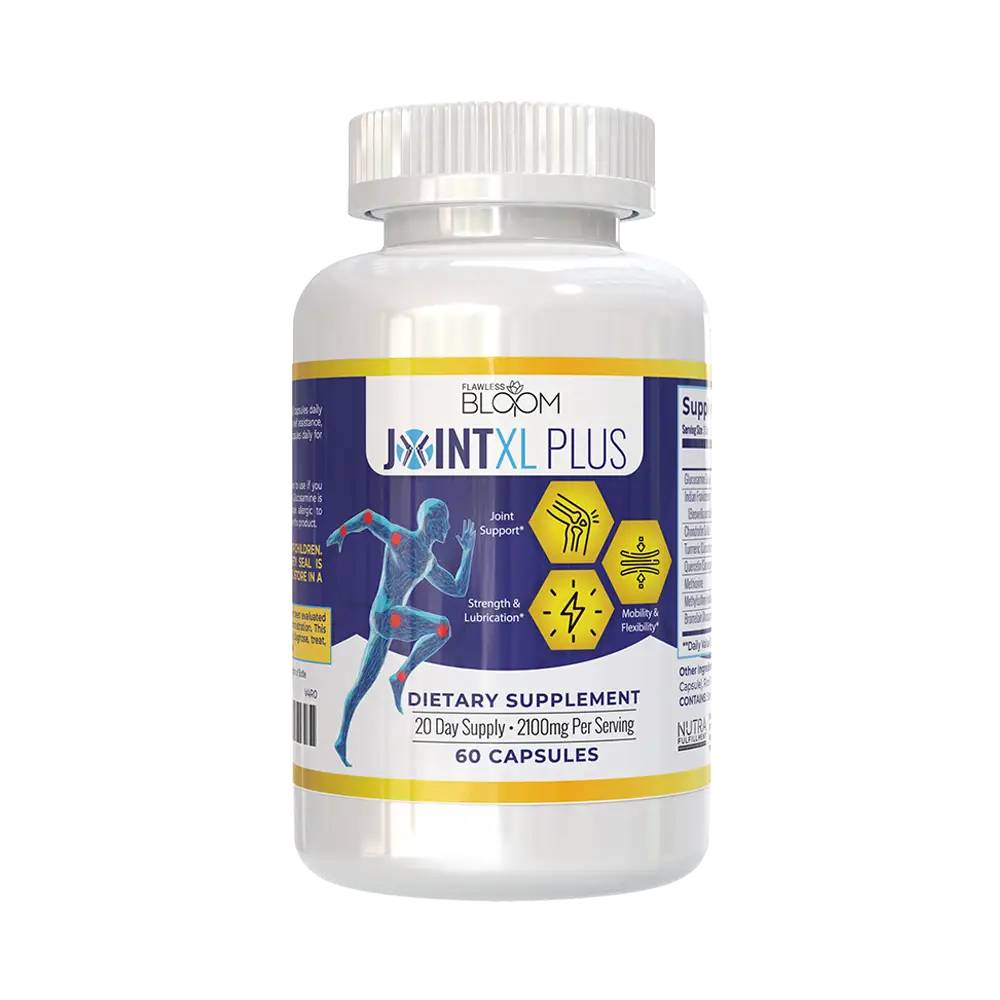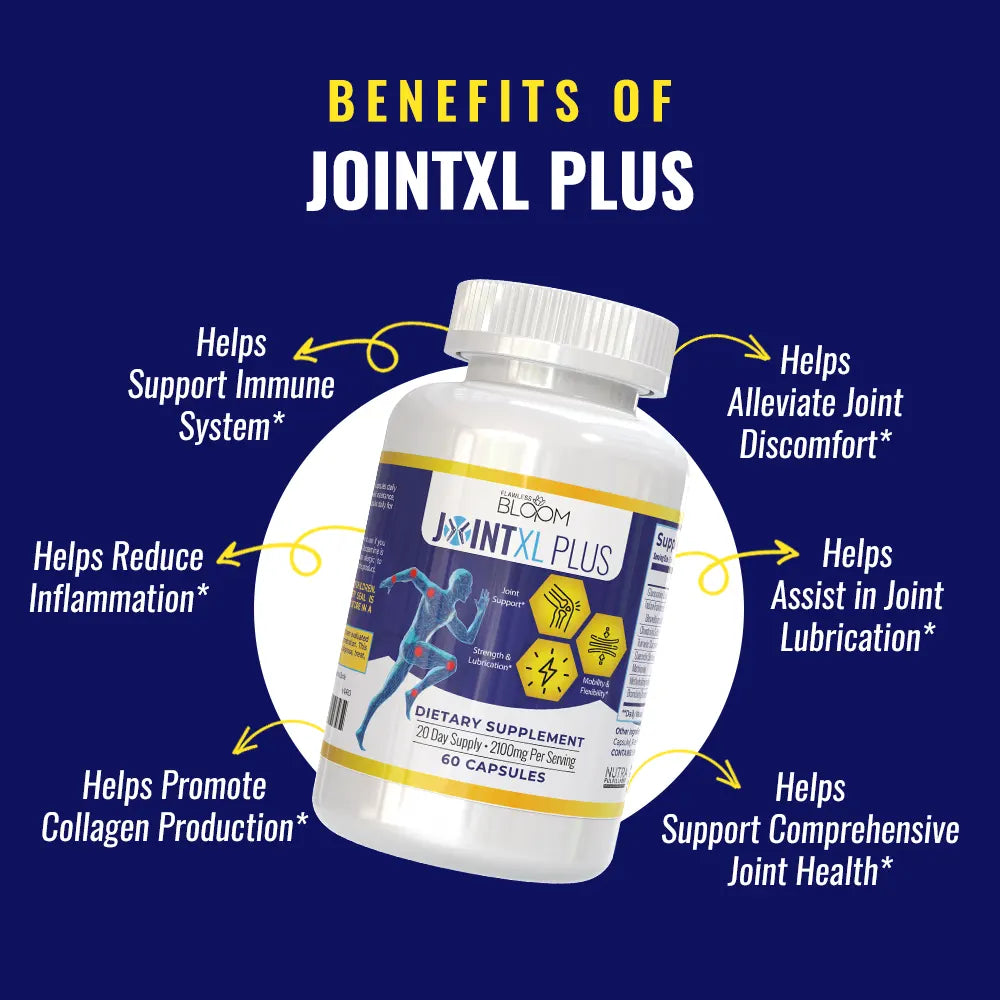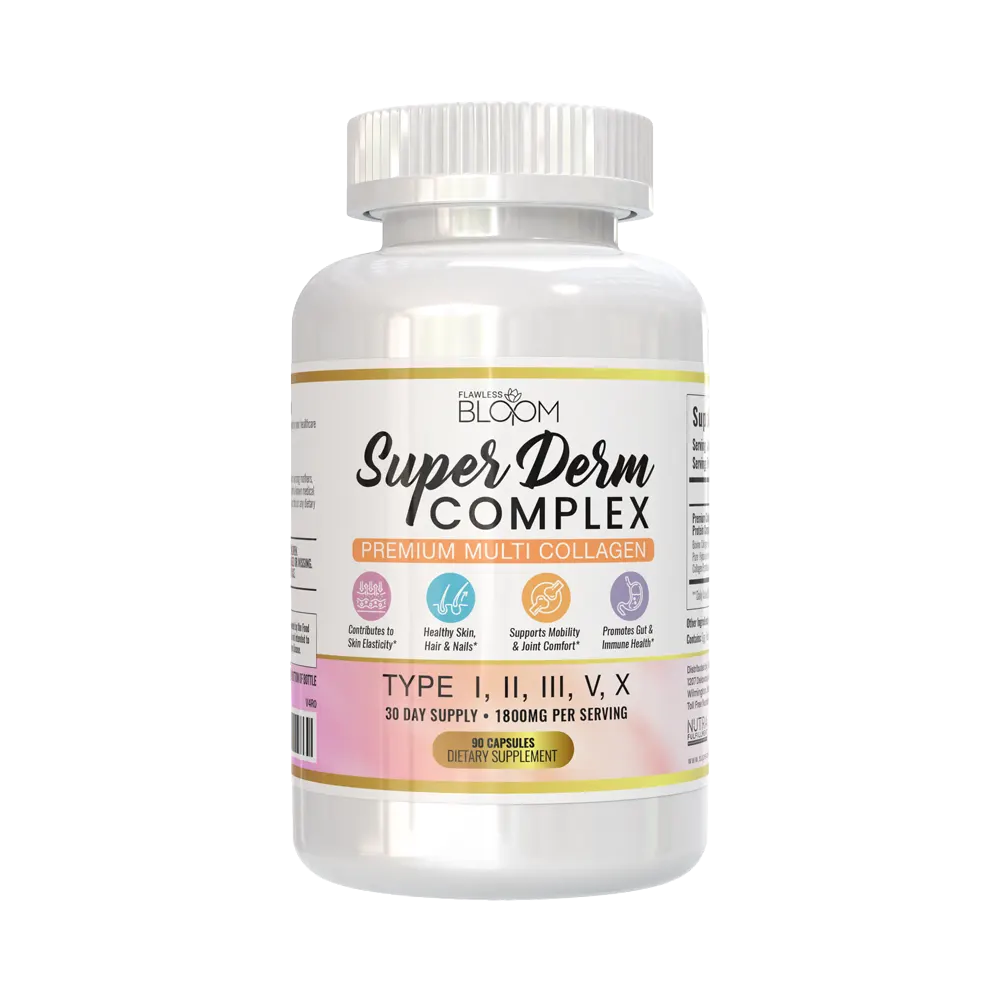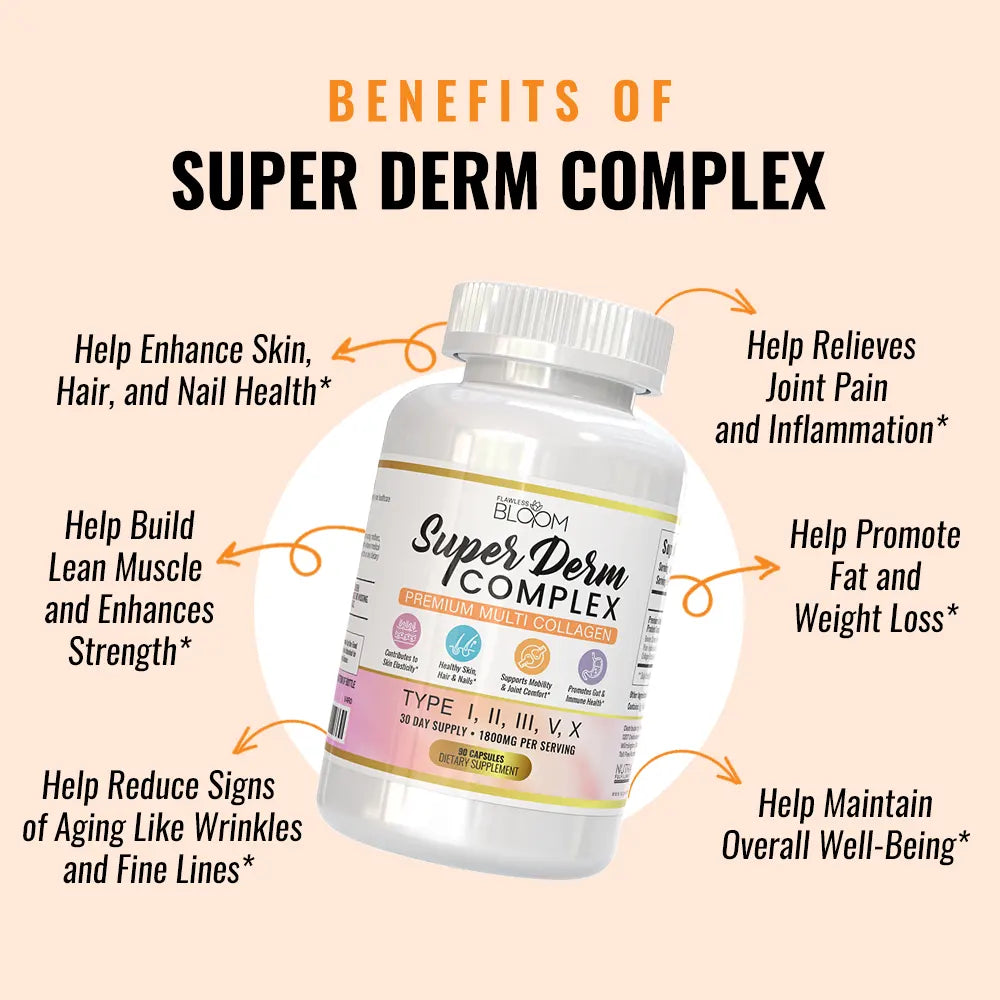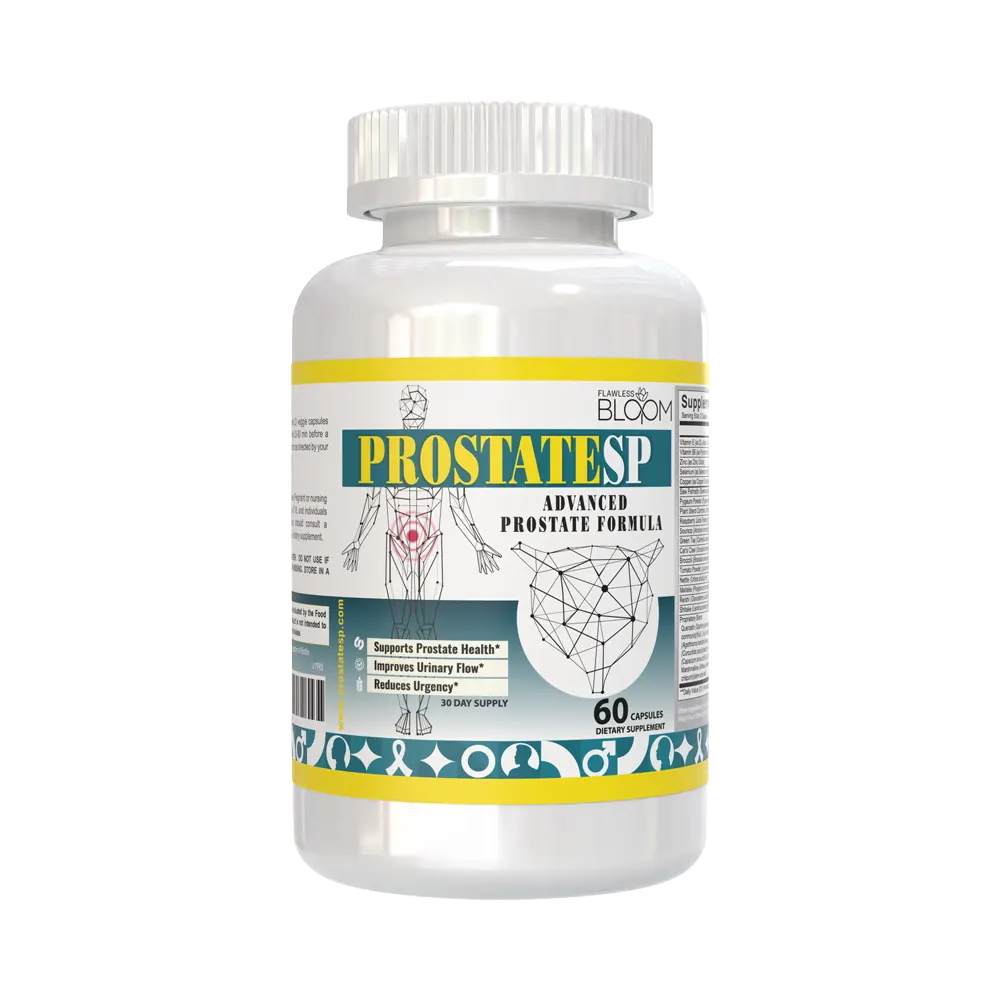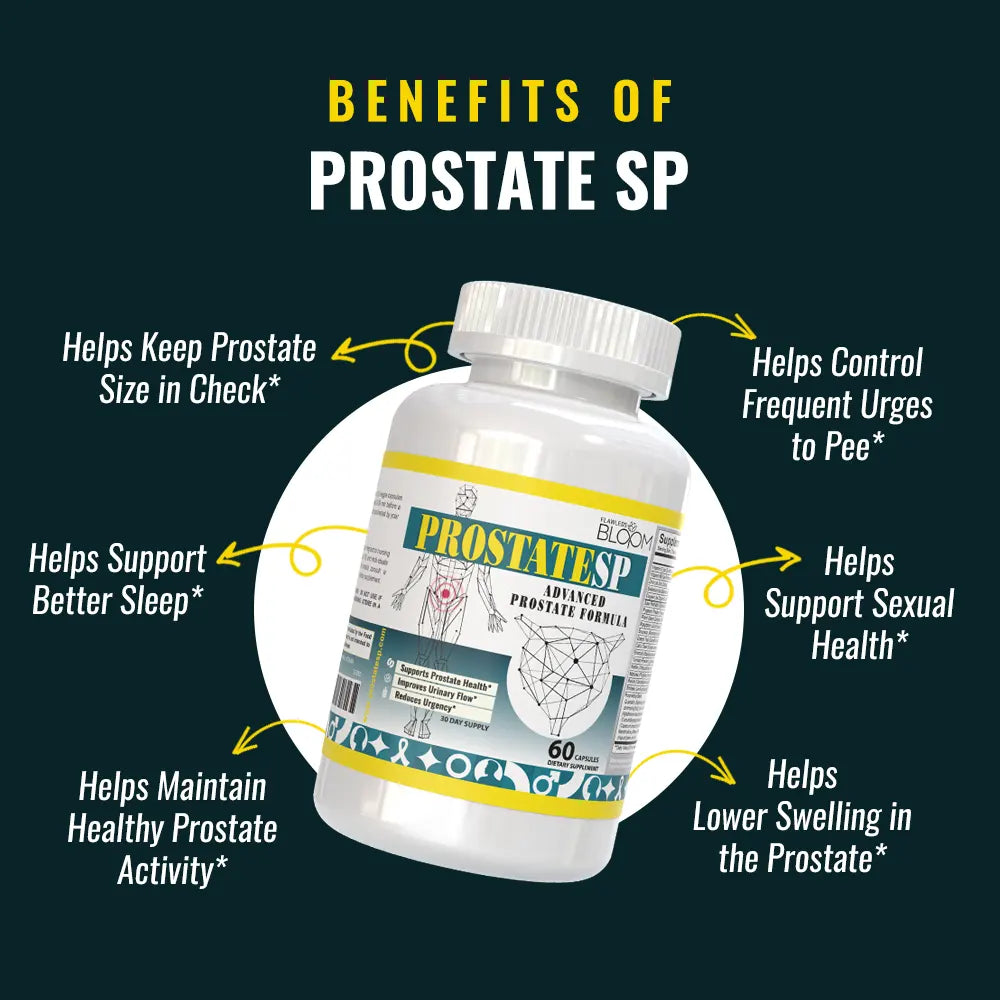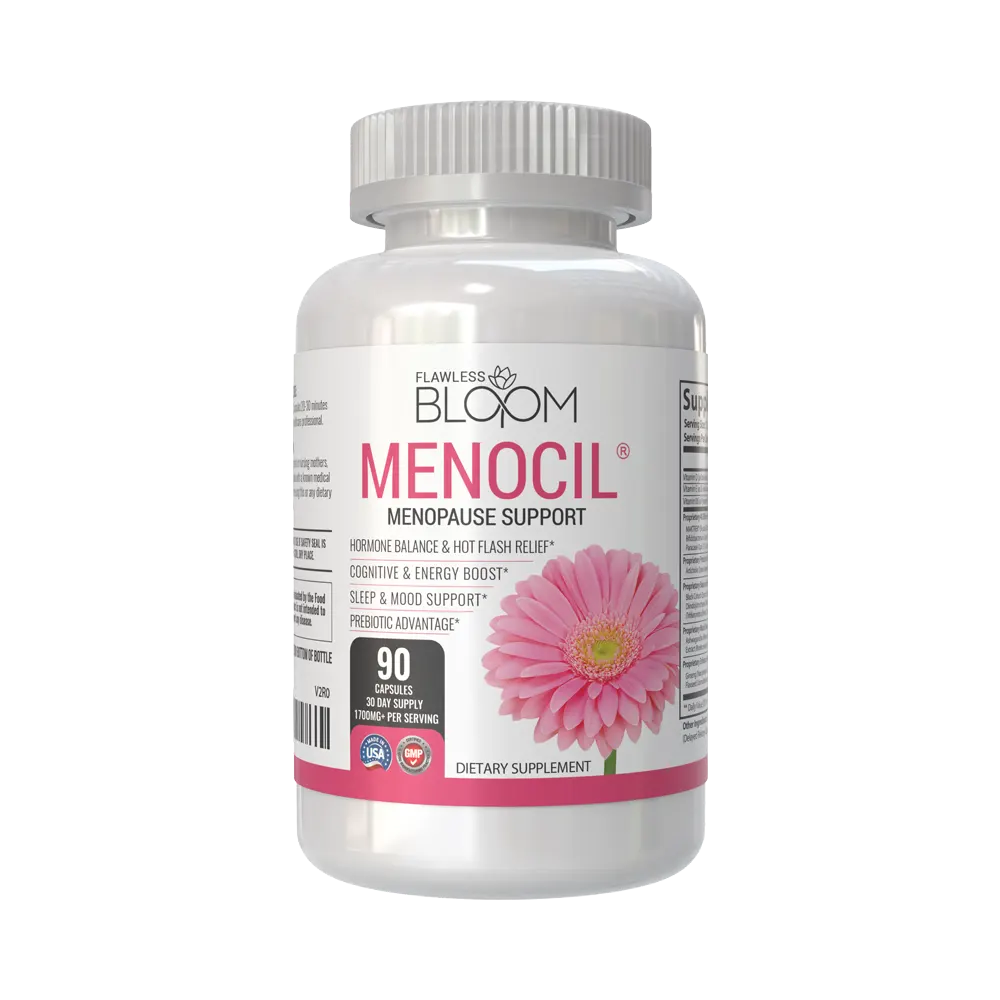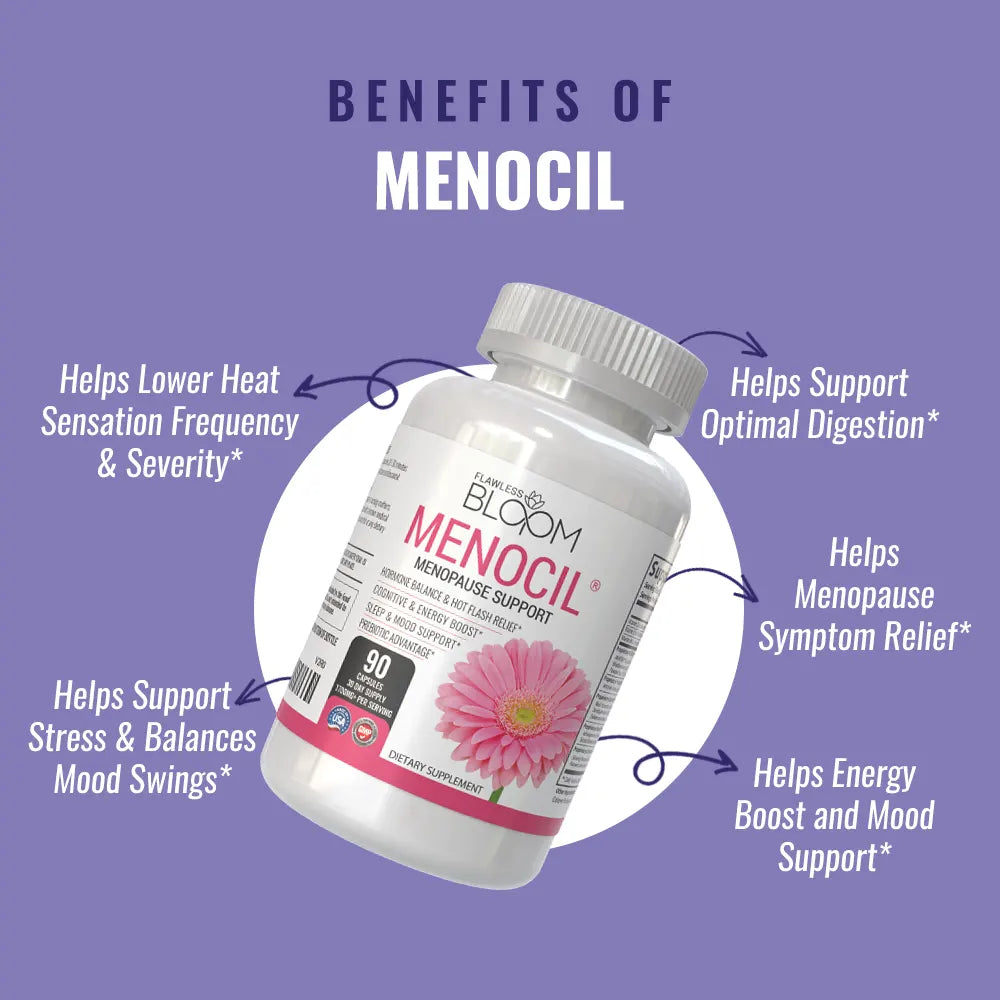Can You Take Prebiotics and Probiotics Together?
Find out why taking prebiotics and probiotics together can improve digestion, immune function, and mental health. Learn about the benefits, side effects, and the best time to take them.

These days, you hear a lot about probiotics and prebiotics. That’s because researchers, nutritionists, health scientists, and leading wellness experts are learning more about how these substances contribute to our overall health every year. Prebiotics and probiotics have been associated with a reduction of common digestive issues like bloating, diarrhea, constipation, food allergies, irregular bowel movements, digestive tract damage, and more.
Your gut is a complex habitat for over 1,000 different species of bacteria. What’s important is keeping all these microbes balanced, so you have more healthy ones than harmful ones. The fact is that prebiotics and probiotics not only support healthy digestion, but there have been links discovered that connect digestive health with almost every other aspect of human health.
While prebiotics and probiotics could be a good way for you to maintain your gut health, there are other ways you can promote a balanced microbiome. In this article, we will address a common question: Can you take probiotics and prebiotics together?
What Are Probiotics?
Probiotics are live bacteria, or cultures, that contribute to the overall health of our digestive systems. They can be consumed through certain foods or taken as dietary supplements.
The role of a probiotic is to help break down food in your gut and digestive system so your body can absorb the available nutrients and pass the rest of the food matter as waste.
Probiotic Foods
Many food items through fermentation naturally hold probiotics or get these added during production.
Probiotics carry live cultures that work as living microbes adding good bacteria to your digestive system. Your diet can include these common probiotic sources:
- Yogurt
- Kombucha
- Sauerkraut
- Kefir
- Pickles
- Tempeh
Benefits of Probiotics
Probiotics bring fresh healthy bacteria into your gut system, which may offer several health advantages:
- Enhanced digestion processes
- Better absorption of medications through improved gut function
- Boosted production of essential vitamins and minerals in your body
- Prevention of illness-causing bad bacteria from taking hold
- Greater balance between beneficial and harmful bacteria, which lowers inflammation
Your body naturally makes some probiotic bacteria, but there are certain foods and supplements you can take to increase the amount of good bacteria in your gut and maintain good microbiota balance.
What Are Prebiotics?
The main difference between probiotics and prebiotics is that prebiotics aren’t actually live cultures of bacteria. Instead, what people are typically referring to when they mention prebiotics is dietary fiber.
Prebiotic foods
Prebiotics can be found in dietary supplements and select high-fiber foods, including:
- Garlic
- Chicory root
- Onions
- Bananas
- Dandelion greens
- Asparagus
Benefits of prebiotics
When prebiotics help boost bacterial growth, it can lead to a host of very specific health and wellness benefits. Prebiotics can:
- Help with calcium absorption
- Keep the cells in your gut lining healthy
- Decrease rates of constipation
Essentially, prebiotics fuel the probiotic effect in your gut and exist mainly as a “food” or “fuel” source for actual probiotic bacteria. Like probiotics though, prebiotics can be consumed as natural food or in supplement form.
Prebiotics and Probiotics Together?
To recap, prebiotics and probiotics have a symbiotic relationship. In fact, there is even a name given to the act of taking prebiotics and probiotics together: microbiome therapy.
The short answer to whether you can take prebiotics and probiotics together is yes. Taking these substances in conjunction with one another has been found to be safe and in many cases, more effective than simply taking a probiotic alone.
That’s because probiotics and prebiotics complement each other. Probiotics work to introduce live, beneficial bacteria cultures to your gut and prebiotics feed that good bacteria so it can do its job properly.
In fact, some supplements combine prebiotics and probiotics. These kinds of supplements are called synbiotics. Plenty of scientific evidence supports the idea that taking synbiotic supplements is beneficial for health in certain ways.
Benefits of Taking Prebiotics and Probiotics Together
 Benefits of Taking Prebiotics and Probiotics Together
Benefits of Taking Prebiotics and Probiotics Together
So why should you take prebiotics and probiotics together? Here are some scientifically valid reasons why such a practice could be beneficial for your health:
- Improved Digestion - Of course, the main goal for any prebiotic or probiotic supplement is to facilitate healthy digestion. Probiotics ensure that your gut has enough good bacteria to properly break down foods and absorb nutrients, while prebiotics fortify and support the functions of prebiotics. Probiotics help bloating by balancing gut bacteria and improving digestion, leading to reduced discomfort.
- Immune Support - The National Institutes of Health along with other leading research organizations have attested to the important role that probiotics and prebiotics play in supporting healthy immune response. The NIH has stated that, “Probiotic bacteria can interact and stimulate intestinal immune cells and commensal microflora to modulate specific immune functions..”
- Cognitive Benefits - Probiotics have also been found to benefit mental flexibility and alleviate stress in some studies. These studies indicate that probiotics can help strengthen the gut-brain axis and help prevent inflammation that can inhibit cognitive performance and exacerbate stress and anxiety.
- Athletic Performance - There have also been studies that suggest that taking a probiotic/prebiotic combination could help improve athletic performance. The method of action is still a topic of some debate but it could have something to do with allowing the body to absorb more nutrients from the foods you eat.
- Fighting Inflammation - By supporting the production of SCFAs and maintaining a healthy balance of gut bacteria, prebiotics and probiotics together can help reduce inflammation throughout the body. This anti-inflammatory effect is important for overall health and may help protect against chronic diseases.
- Satiety and Blood Sugar Balance - Prebiotics may contribute to a feeling of fullness after meals, which can be helpful for appetite regulation. They also play a role in balancing blood sugar, thanks in part to the SCFAs produced during fermentation.
Science has not shown a big plus to taking prebiotics with probiotics at the same time. You should aim to get both in your diet each day for the best health effects. No set rule says you must take them as a pair.
Other Ways to Improve Gut Health
Your gut holds more than 1,000 types of tiny bugs, and the right mix is vital. Try these steps to help keep your gut in top shape:
- Eat foods with lots of fiber such as fruits, green plants, beans, and whole grain foods.
- Sleep seven to eight hours each night to cut down on stress that can harm your gut.
- Move your body often to help your food pass through and feed good gut bugs.
- Find ways to calm your mind since stress hurts the good bugs in your gut.
According to, Dr. Robynne Chutkan, Gastroenterologist
Probiotics and prebiotics are two sides of the same coin when it comes to gut health. While probiotics introduce beneficial bacteria to your gut, prebiotics provide the food those bacteria need to thrive. Together, they create a symbiotic relationship that supports digestion, boosts immunity, and may even contribute to better mental health. Incorporating both into your diet is a simple yet powerful way to nurture your microbiome and improve overall well-being.
Prebiotics can be taken pretty much any time of day while it is best to take probiotics (either as a supplement or as a food source) on an empty stomach, about 2-3 hours before or after a meal.
Result times can vary but most people who are consistent with taking prebiotics and probiotics daily notice changes after about a week or so.
Side Effects of Taking Prebiotics and Probiotics?
Health authorities consider prebiotic and probiotic consumption generally safe. If you are trying a probiotic regimen for the first time though, you may experience minor side effects such as:
- More gas than usual
- Loose stool
- Bloating
- Constipation
- Changes in appetite
- Acid reflux
Who Should Avoid Prebiotic and Probiotic Supplements?
Supplements aren’t always for everyone. While prebiotics and probiotics are generally safe for most healthy adults, there are some folks who should approach them with extra caution—or perhaps skip them altogether.
- If you have a weak immune system, are undergoing cancer treatment, have a chronic illness, recently had major surgery, or take immunosuppressant medication, talk to your doctor before adding supplements.
- Introducing new bacteria, even good ones, can sometimes do more harm than good in these situations.
- For personalized advice, consult your doctor or a dietitian to see if supplements or dietary changes are right for you.
Prebiotic and Probiotic Supplements vs. Foods
The main difference between getting your probiotics and prebiotics through the food you eat as opposed to a supplement is that a supplement allows you to control the exact amount and type of bacteria you are introducing to your gut. Eating probiotic foods can be a bit more of a crap shoot.
On the other hand, supplements may not contribute to a balanced diet the way that probiotic foods can. Some probiotic foods include: For additional nutritional support, consider adding the best greens powder to your diet. It can provide essential vitamins and minerals while complementing the benefits of probiotics and prebiotics.
- Kefir
- Kombucha
- Sauerkraut
- Tempeh
- Pickles
- Kimchi
Both probiotic supplements and food have their ups and downs. Let’s take a look at the pros and cons of probiotic supplements specifically:
Pros:
- They allow for an exact dosage of healthy bacteria
- You can get a wider array of healthy bacteria from supplements
- They’re easy to take
- Readily available
- They aid with digestion
- They may take effect quicker than food
Cons
- Some people may not like swallowing capsules
- It may be easier to forget to take a supplement every day
FAQs
Conclusion
So can you take a prebiotic and probiotic together? The answer is an emphatic yes. Taking them together is safe, effective, and offers the user a lot of potential health benefits.
Both supplements and probiotic foods are great ways to increase your probiotic intake, but a supplement may be more convenient, practical, and precise.
It’s clear that probiotics and prebiotics are important for your overall health because they work together to improve digestion, support the immune system, and even benefit the brain. So be sure to start incorporating more of these foods or supplements into your daily routine.
References
- Probiotics, prebiotics and synbiotics- a review: https://pmc.ncbi.nlm.nih.gov/articles/PMC4648921/
- Probiotics Mechanism of Action on Immune Cells and Beneficial Effects on Human Health: https://pmc.ncbi.nlm.nih.gov/articles/PMC9818925/
- Probiotic Supplementation Improves Cognitive Function and Mood with Changes in Gut Microbiota in Community-Dwelling Older Adults: A Randomized, Double-Blind, Placebo-Controlled, Multicenter Trial: https://pubmed.ncbi.nlm.nih.gov/32300799/















